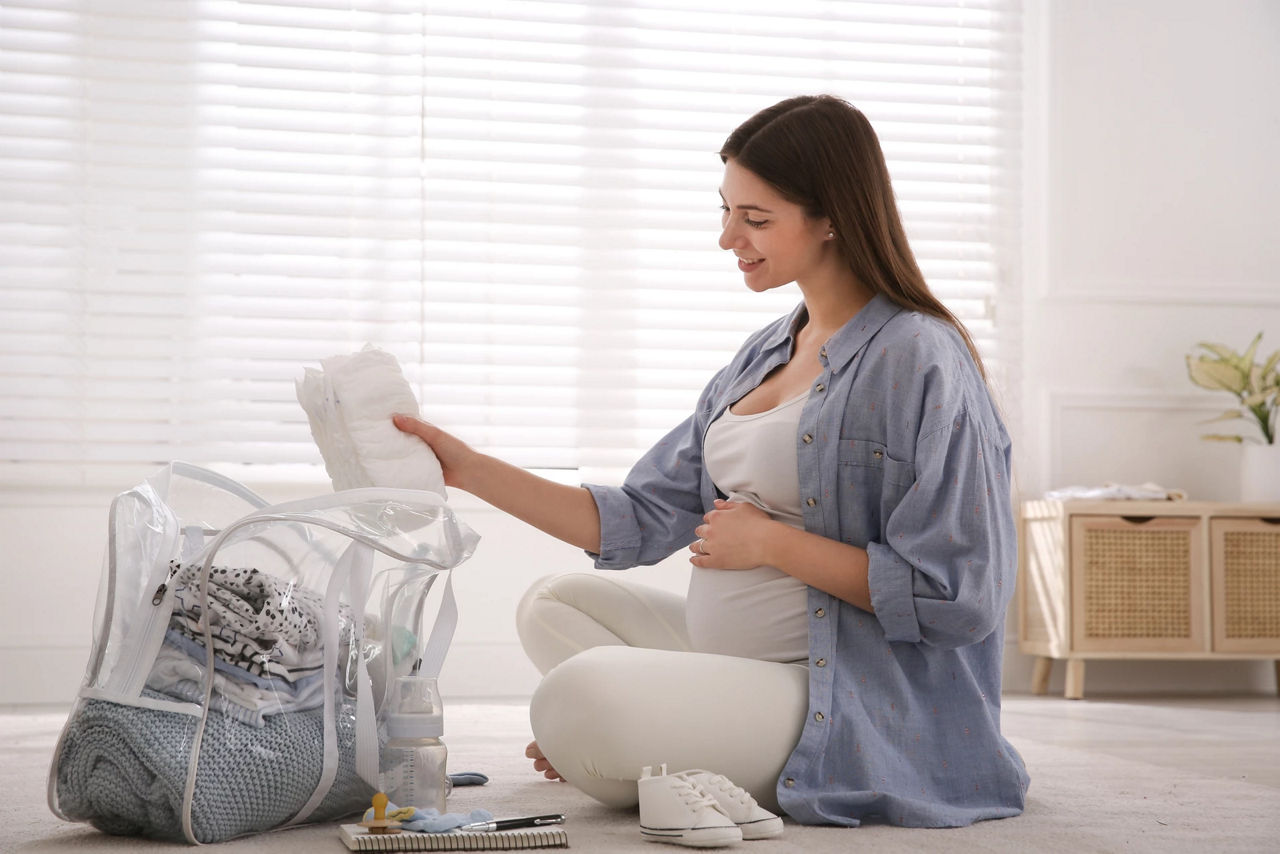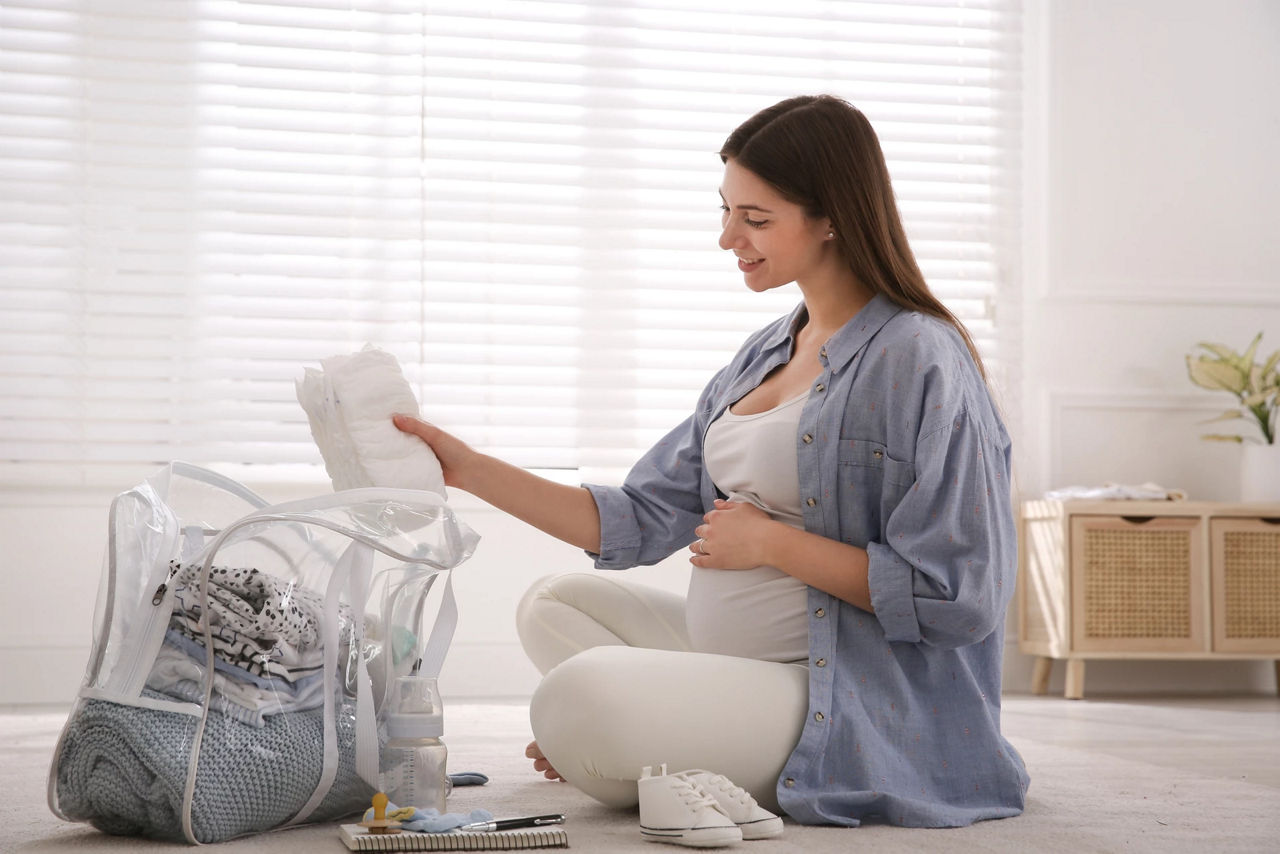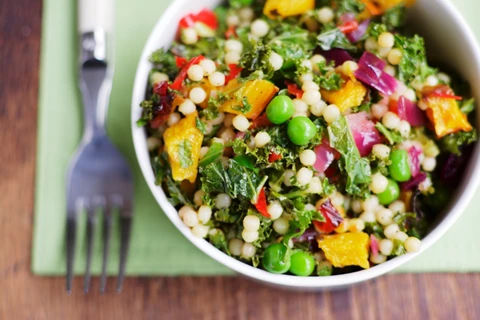Snacks and Drinks for Labour
Labour burns a huge amount of energy, so it’s a good idea to have nutritious snacks on hand to help keep you going.
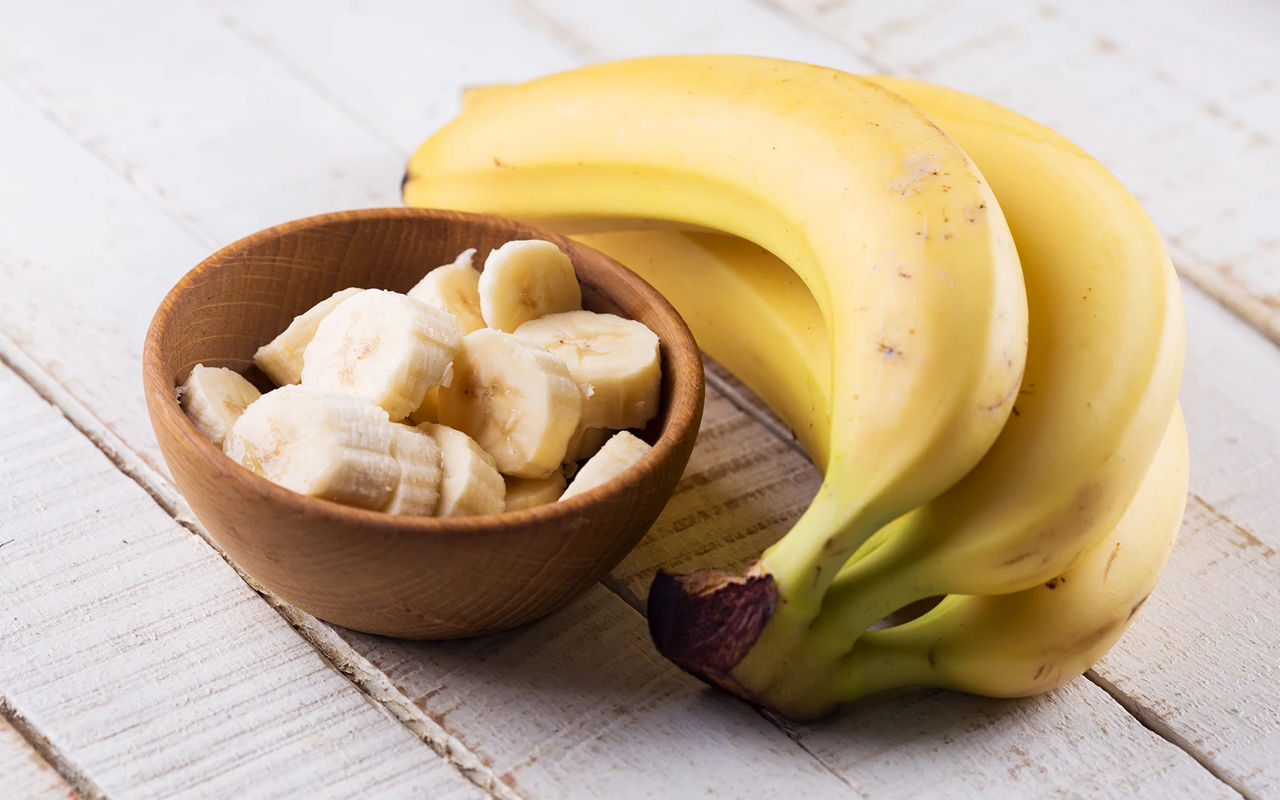
Article sections
Can you eat during labour?
The answer is yes. In fact, eating during the early stages of labour is often a good idea, since it will give you a much-needed energy boost, which you’re likely to need as your labour progresses1.
During early labour, you may begin to experience contractions, and you can learn more about the early signs and symptoms of labour here. At this stage, your contractions might be uncomfortable rather than painful, and come at irregular intervals. This is a good time to have something to eat and drink if you’re able, as it will provide the energy you need as your labour continues and becomes more established1.
This is a good time to have something to eat and drink if you’re able, as it will provide the energy you need as your labour continues and becomes more established1.
Once active labour begins, you’re less likely to feel eating, or have the opportunity to do so, as you’ll be focused on birthing your baby.
However, whilst some women have an appetite during labour, others don’t, so listen to your body and respond accordingly. There’s no right or wrong here. Research has shown that there’s no difference in the length of labour, or the number of complications experienced, between women who choose to eat during labour, and those who don’t2.
If you feel like eating during either during the early stages, or during active labour, eating little and often will help you to sustain your energy, so bite-sized portions between contractions are ideal. Other things to try include:
- Avoiding large, heavy snacks and meals as these may make you feel nauseous and uncomfortable.
- Opting for wholegrain carbohydrate based snacks such as wholegrain crackers or oatcakes, as these will give you a slower and more effective release of energy.
- Avoiding snacks that are high in sugar, since these will only give you a short-lived burst of energy.
It’s worth knowing that in some circumstances, for example if there’s a chance that you’ll need a general anaesthetic, it’s possible that you’ll be asked to avoid eating or drinking - if you need or have planned a c-section is a good example of this. Other situations which may require you to have a general anaesthetic include if your baby is in the breech position or if you’re expecting twins or multiples.
It’s always worth checking with your doctor or midwife for advice here.
What are the best snacks for labour?
When it comes to what to eat during labour, it’s best to be guided to some degree by your appetite. If you feel like eating, things like wholemeal toast or crackers with peanut butter will provide a boost to your energy levels.
Have a think about some of your favourite energy-boosting snacks, and pack them in your hospital bag in the run up to your baby’s birth. That way, you’ll be as prepared as you can be when the time comes. You could also ask your birth partner to bring along a selection, to ensure that you’ve got all bases covered for the both of you.
- Bananas and other fresh fruits.
- Sandwiches made with wholemeal bread and healthy fillings such as chicken, houmous or sliced banana.
- Wholegrain toast, biscuits and crackers.
- Energy bars (be sure to check the sugar content).
- Breadsticks.
- Dried fruits and nuts.
Given the energy you’ve used for birth, it’s not unusual to feel the need to refuel with a quick energy boost. Many hospitals provide you with slices of toast following the birth of your baby, and you may have heard from friends and family members who have had babies that the toast they provide is a very welcome and tasty snack!
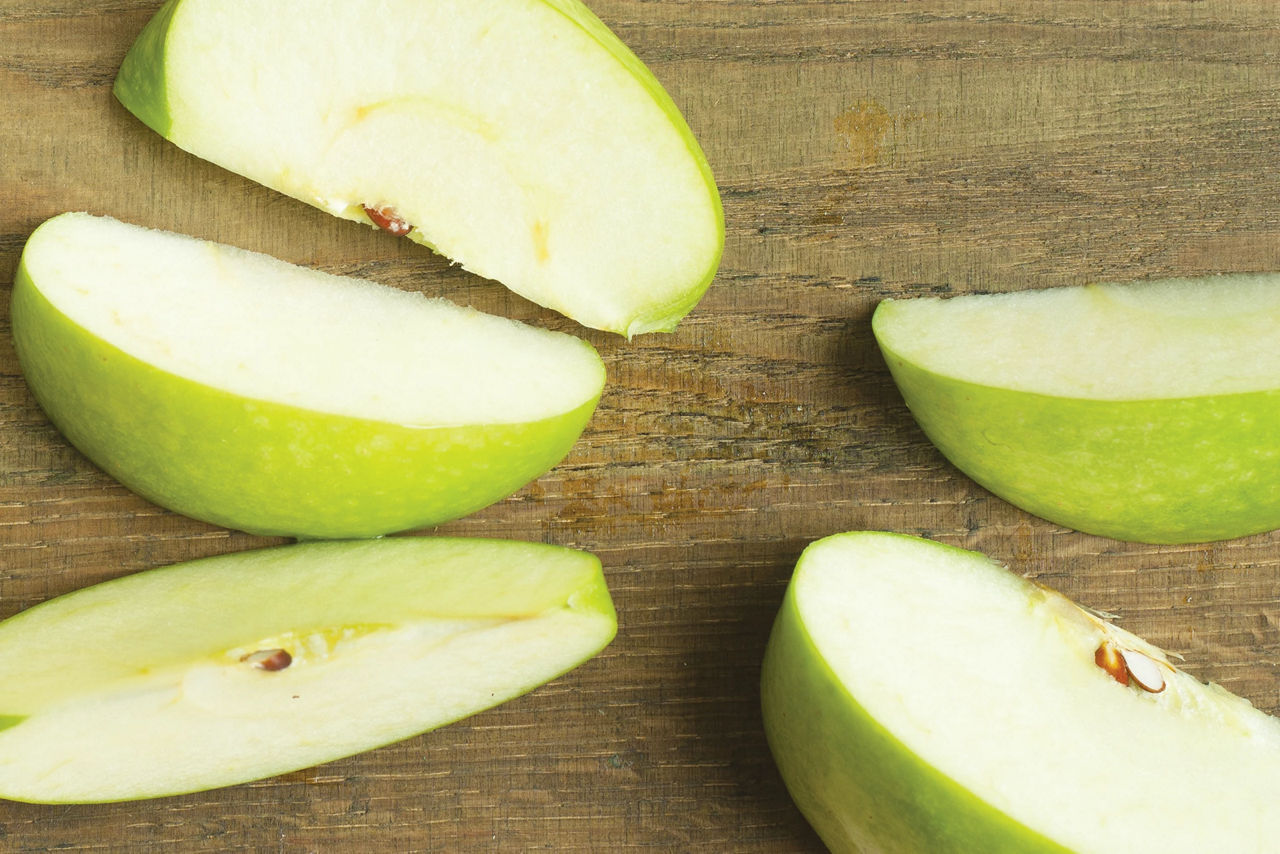
Gestational diabetes snacks for labour
If you’ve been told that you have gestational diabetes, you’ve probably received some dietary advice from your doctor and midwife throughout your pregnancy, to ensure that your condition is managed.
Making sure that your blood sugar levels remain stable during your labour is very important, for both you and your baby, and having snacks for labour on hand can help.
If you have gestational diabetes, snacks for labour include3:
- Fruit.
- Popcorn.
- Oatcakes and plain biscuits.
- Cheese portions.
When it comes to what to drink during labour, water is always a healthy option, but if you’re looking for an alternative, try sugar free squash or flavoured water4.
Snacks for the hospital bag
As you approach your due date, you might be wondering what snacks to take for labour and what food to pack in your hospital bag.
It can be tricky planning for eating and drinking in labour, as some of the things you’ll need to take with you on the day. Fresh fruit for example, or yoghurts or other dairy products. Other snacks for labour however can be packed in your hospital bag ahead of time, and some you might want to include are:
- Wholegrain biscuits and crackers.
- Nuts and seeds.
- Energy bars.
If you’re planning on giving birth at home, make sure that your fridge and cupboards are well-stocked with some healthy and delicious snacks that will keep your energy levels up. Whatever plans you have for your birth, it’s still worthwhile having a hospital bag packed, just in case you need to head into hospital. However.
Foods to help you prepare for labour
As you prepare for labour4, it’s important to continue eating a healthy, balanced diet. As you approach your due date, you might want to try eating smaller nutrient dense meals more frequently. If you’re feeling the pressure on your stomach as your baby grows, this may help you to feel more comfortable.
It’s also very important to stay hydrated as your pregnancy progresses.
There’s some research to suggest that eating dates approximately a month before your baby is due to arrive can help to reduce your chances of having a C-section5. However, research here is limited, and it’s important not to eat too many dates due to their sugar content, which is of particular concern if you’re diabetic.
The importance of nutrition during labour
Labour uses up an enormous amount of energy, and your body requires a sufficient amount of nutrients to get through it.
Studies suggest that as well as helping you through periods of fatigue, receiving adequate nutrition during labour can help to reduce the risk of ketosis6. Ketosis is a condition where the body dips into its fat reserves for energy, with symptoms including nausea and headaches. Even a small amount of nourishment, such as a few bites of toast, a small handful of raisins or a sip of an isotonic drink, can provide that all-important energy boost7.
What to drink during labour
As you might expect, labour is thirsty work. It’s important to drink regularly to replace lost fluids from sweat and avoid dehydration. You might be worried that drinking too much will result in you needing to go to the toilet more frequently, but rest assured that this is no bad thing. If you’re able to walk, staying mobile with trips to the bathroom can be helpful in helping move your labour along.
When it comes to what to drink during labour, water is always a good choice, or no added sugar squash if you’re looking for an alternative. It’s best to avoid fizzy drinks, since whilst they can provide energy, they may also cause nausea and sickness. It’s a good idea to pack some straws in your hospital bag, as this will allow your birth partner to help you take regular sips of water without you needing to hold the cup or bottle.
As your labour progresses, you might want to consider an isotonic drink or a beverage that’s made with electrolytes, to give you some extra energy.
Isotonic and electrolyte drinks for labour
As you move into the later stages and your contractions become more regular, having isotonic drinks, or drinks containing electrolytes for labour can help to provide extra calories and energy if you don’t feel like eating8. They can also reduce the likelihood of ketosis. Perhaps stock up ahead of time so that you’ve got this as an option if your need it.
Drinking warm water during labour
There’s no evidence to suggest that the temperature of the water you drink will have any effect on your labour.
The important thing is to ensure you’re drinking enough water as your labour progresses and you can find more guidance about that here.
Can you drink coffee in labour?
For many of us, that morning or afternoon coffee is a staple of daily life, so if you’re wondering whether or not you can drink coffee during your labour, it’s always best to consult with your doctor or midwife due to its caffeine content.
There are NHS guidelines around how much caffeine you should drink during your pregnancy. This is because of the negative effects on your growing baby if consumed regularly.
It may be that your doctor or midwife advise you to avoid coffee during your labour or stick to decaffeinated varieties.
Stock up ahead of your due date
Labour can be long and unpredictable, sometimes lasting 24 hours or more. As a general rule, early labour, also known as the latent phase of labour, is the longest stage, giving you the opportunity to rest, eat and perhaps have a bath if that’s something you’d like to do. Remember however that there are no set rules here, with some labours being longer or shorter than others.
If you have your baby in hospital, in some circumstances you may have a longer stay than expected. During early labour, your birth partner is likely to need snacks too, and it’s important to encourage them to take regular food breaks so that they can keep their energy levels up, ready to support you at every step.
It might also be the case that you don’t want them to leave you to go in search of food, or rely on the canteen or vending machines – both of which can be unreliable. The canteen may be closed for example, especially if you give birth during the night.
Being well prepared with plenty of snack options means you’ll have what you need if you feel like eating during early labour, or to support those first few days of breastfeeding if you have an extended stay.
Related Topics
related articles
Read more

Need some help?
You can get quick answers to common questions in our FAQs.
Alternatively, if you need help with general pregnancy or baby advice, or maybe on using or ordering our products - our expert team are always on hand to talk about feeding your baby.
- https://www.nhs.uk/pregnancy/labour-and-birth/what-happens/the-stages-of-labour-and-birth/#:~:text=Established%20labour%20is%20when%20your,to%20stay%20comfortable%20and%20relaxed.
- O’Sullivan GI. Effect of food intake during labour on obstetric outcome: randomised controlled trial. BMJ 2009;24:338.
- https://www.swft.nhs.uk/application/files/4615/9791/4309/Gestational_diabetes_2019.pdf#:~:text=Keeping%20your%20blood%20glucose%20levels,free%20fluids%20are%20also%20important.
- https://www.swft.nhs.uk/application/files/4615/9791/4309/Gestational_diabetes_2019.pdf#:~:text=Keeping%20your%20blood%20glucose%20levels,free%20fluids%20are%20also%20important.
- https://pubmed.ncbi.nlm.nih.gov/21280989/
- https://bmcpregnancychildbirth.biomedcentral.com/articles/10.1186/s12884-020-02915-x
- Toohill J et al. Interventions for ketosis during labour. Cochrane Database Syst Rev 2008;(3).
- Kubli M et al. An evaluation of isotonic “sports drinks” during labour. Anesth Analg 2002;94(2):404-408
- https://pubmed.ncbi.nlm.nih.gov/11812708/#:~:text=In%20conclusion%2C%20isotonic%20drinks%20reduce,evaluated%20as%20a%20nutritional%20alternative.
Last reviewed: 15th July 2023
Reviewed by Nutricia’s Medical and Scientific Affairs Team
